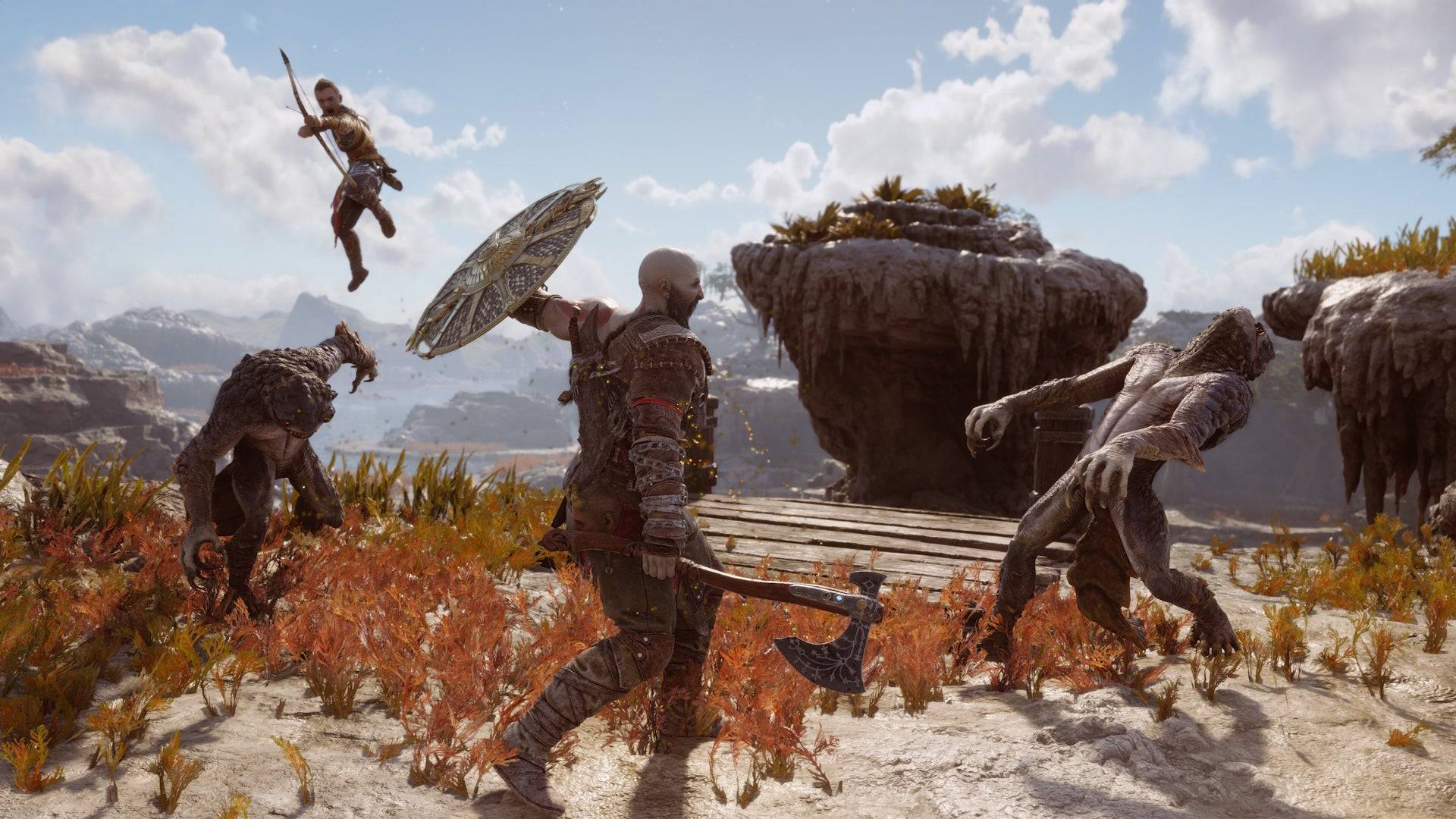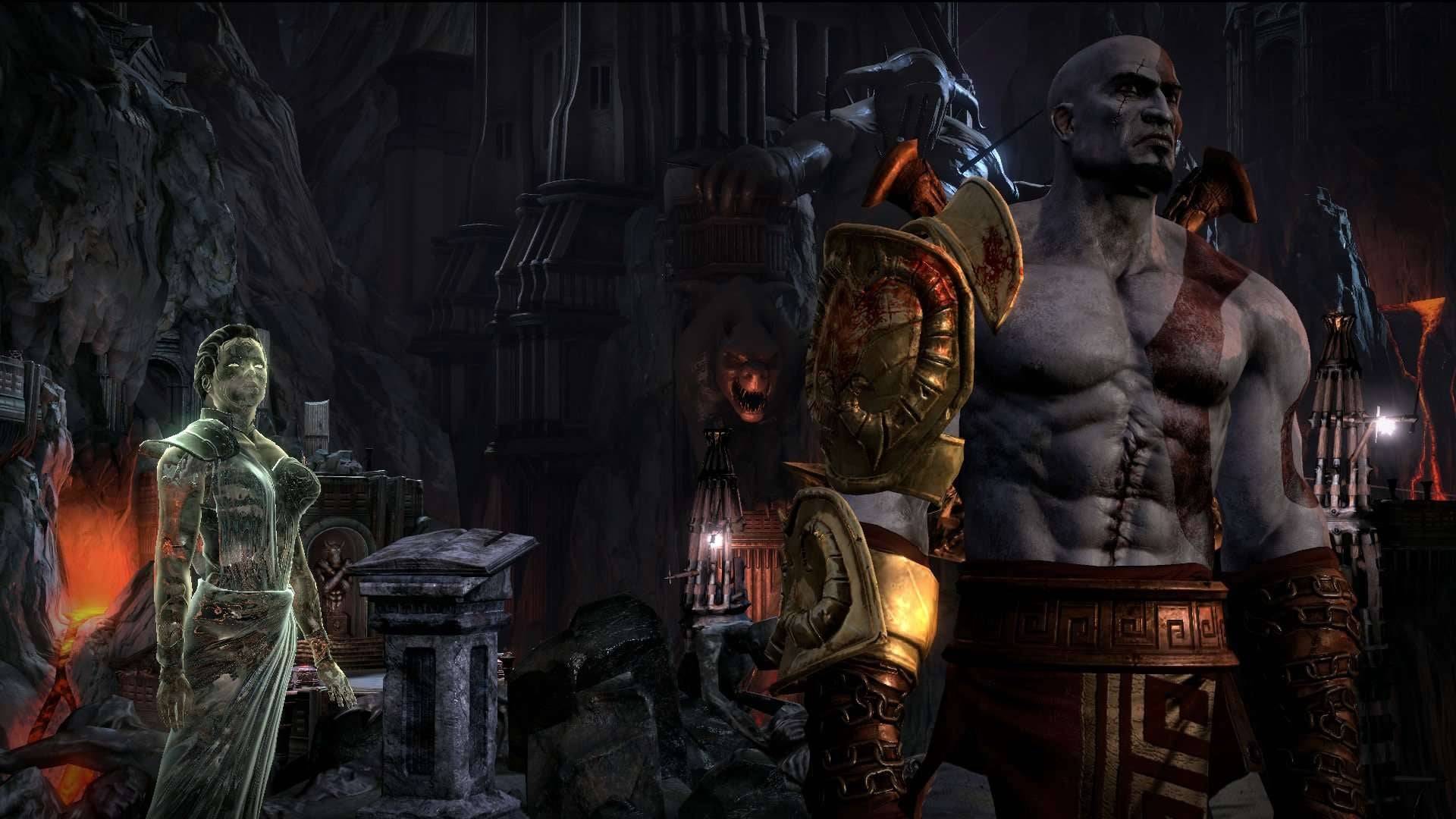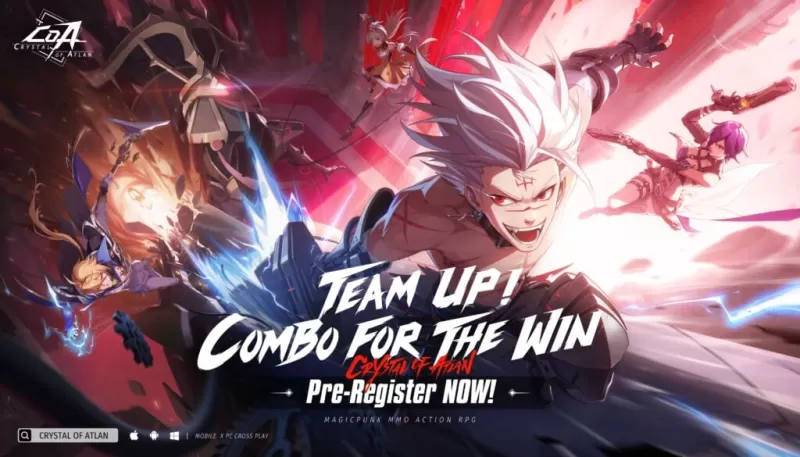The God of War series has been a cornerstone across four generations of PlayStation consoles. When Kratos began his vengeance-fueled journey to becoming the new god of war in 2005, few could have predicted where the once-angry deity would be two decades later. Unlike other long-running franchises that have struggled to remain relevant, God of War has thrived due to its adaptability. The most significant transformation came with the 2018 reboot, which relocated Kratos from Ancient Greece to the realm of Norse mythology, dramatically altering both the series' presentation and gameplay. However, even before this pivotal change, developer Sony Santa Monica implemented numerous smaller yet impactful modifications that ensured the series' longevity.
Continued reinvention will be crucial for God of War's future success. When transitioning to the Norse setting, director Cory Barlog expressed interest in exploring the Egyptian and Mayan eras. Recent rumors have reignited speculation about an Egyptian setting, and it's easy to understand why fans are eager for Kratos to explore the land of the pyramids. Ancient Egypt's rich culture and mythology offer a compelling backdrop. Yet, a new setting is merely the beginning; wherever God of War ventures next, it must evolve as effectively as it did when it adapted the successful elements of its Greek trilogy for the critically acclaimed Norse games.

The series has consistently embraced change. The original Greek trilogy evolved over a decade, refining its hack-and-slash gameplay and culminating in a polished experience with God of War 3. By the trilogy's end, Kratos utilized an enhanced magic system that complemented the melee combat's rhythm and faced a diverse array of enemies. The transition to the PlayStation 3 allowed for improved graphics and new camera angles, enhancing the visual experience.
The 2018 reboot shifted away from some elements of the original games, such as platforming sections, which were incompatible with the new over-the-shoulder camera perspective. However, puzzles remained, reimagined to suit the adventure-focused design of the Norse games.
In Valhalla, the roguelike DLC for God of War Ragnarök, the series revisited its Greek roots both mechanically and narratively. Battle arenas, a feature from God of War 2 onwards, were reintroduced and adapted for the Norse setting. This mechanical callback was mirrored by the story, with Týr inviting Kratos to Valhalla to confront his past, symbolizing a full circle in Kratos' journey.
The Norse God of War games are not mere reiterations; they introduce new mechanics like the Leviathan Axe's unique throwing capabilities, a combat-defining parry system with various shield types, and Ragnarök's magical spear for faster, explosive attacks. These elements facilitate exploration across the Nine Realms, each with distinct foes, visuals, and characteristics.

While combat and exploration mechanics are evident changes, the most striking difference between the original trilogy and the Norse duology lies in storytelling. The Norse era delves into Kratos' grief for his deceased wife and his strained relationship with his son, Atreus. This emotional narrative, contrasting with the original trilogy's more brutish approach, is key to the Norse games' critical and commercial success.
God of War's shift in both mechanics and storytelling reflects a progressive approach to franchises. The series' creators view the Norse games not as traditional sequels but as extensions of Kratos' journey, an attitude that should guide future installments.
Contrastingly, Assassin's Creed's frequent shifts in setting and style illustrate the risks of straying too far from a series' roots. Since its 2017 transition to an open-world RPG format with Origins, the series has seen a dilution of its assassin-centric narrative. While profitable, these changes have been divisive, with fans lamenting the loss of the original stealth-focused gameplay. Recent efforts like Assassin's Creed Mirage and the upcoming Shadows aim to reconnect with the series' foundational elements.
God of War's success in navigating its evolution is evident in its ability to maintain Kratos' compelling character and core combat mechanics while introducing new elements. Each game builds upon its predecessors, enhancing features like Spartan Rage, weapon variety, and combat options without losing sight of the series' identity. This approach must continue in future entries, whether set in Egypt or beyond.
Regardless of the setting rumors, the next God of War must focus on evolutionary upgrades that preserve the series' strengths. The 2018 reboot emphasized combat, but the future will likely hinge on storytelling, the heart of the Norse duology. Kratos' transformation from a rage-filled warrior to a complex father and leader underscores the importance of narrative in the post-2018 games. Future entries must build on this strength while making bold, innovative changes to define the next era of God of War.








